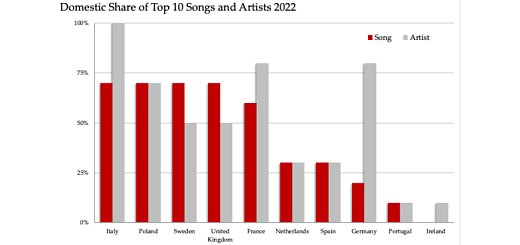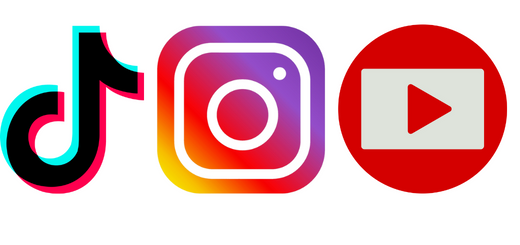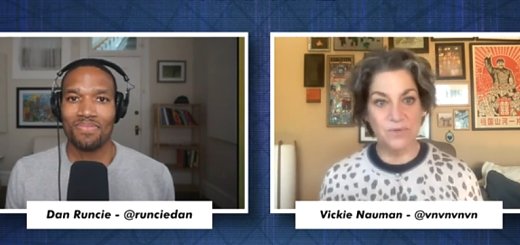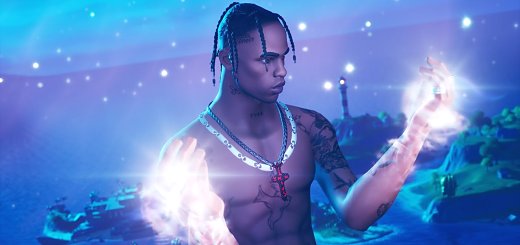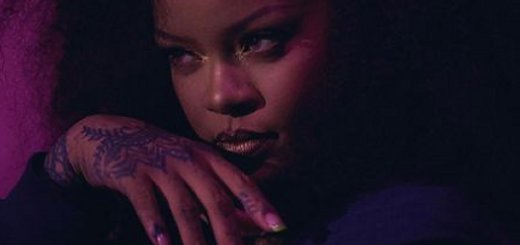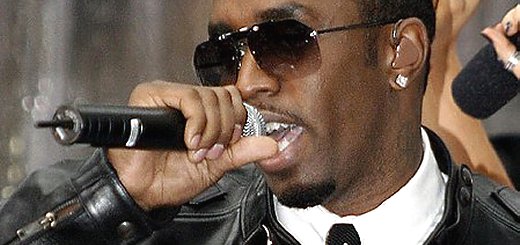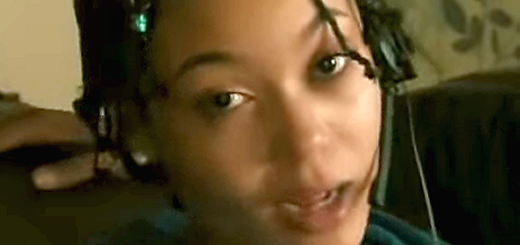Dan Runcie: Is hip-hop really in decline?

Billboard charts and market share charts point to a decline of hip-hop in recent years, however, it's not that simple, Dan Runcie points out. Lil Uzi Vert’s 'Pink Tape' will be the first 2023 hip-hop album to top the Billboard 200, which will be the furthest in the calendar year it took for a hip-hop album to top the Billboard 200 since 1993 (that year, Cypress Hill’s 'Black Sunday' topped the chart on the week of August 7). Billboard argued it is due to the lack of hip-hop stars who released albums, less room to grow than other genres, the impact of deaths, drugs, and legal issues, chart stagnation, and the return of club music. Runcie on the other hand argues "If hip-hop’s global impact were categorized appropriately, no one would talk about a 'decline'. Latin music is one of the fastest-growing regions in the world, and most of that revenue is generated by artists who, like Bad Bunny, consider themself hip-hop".
